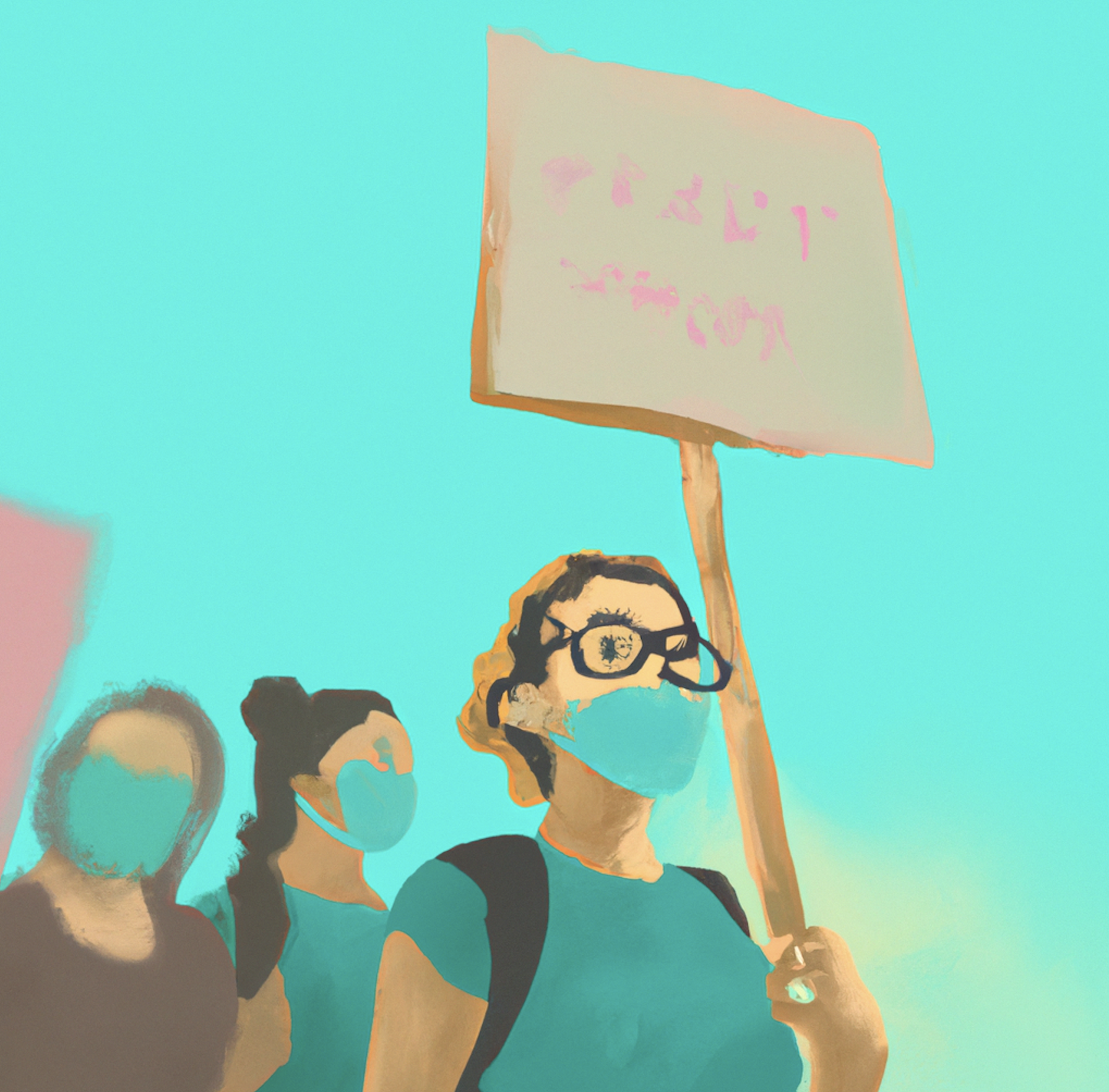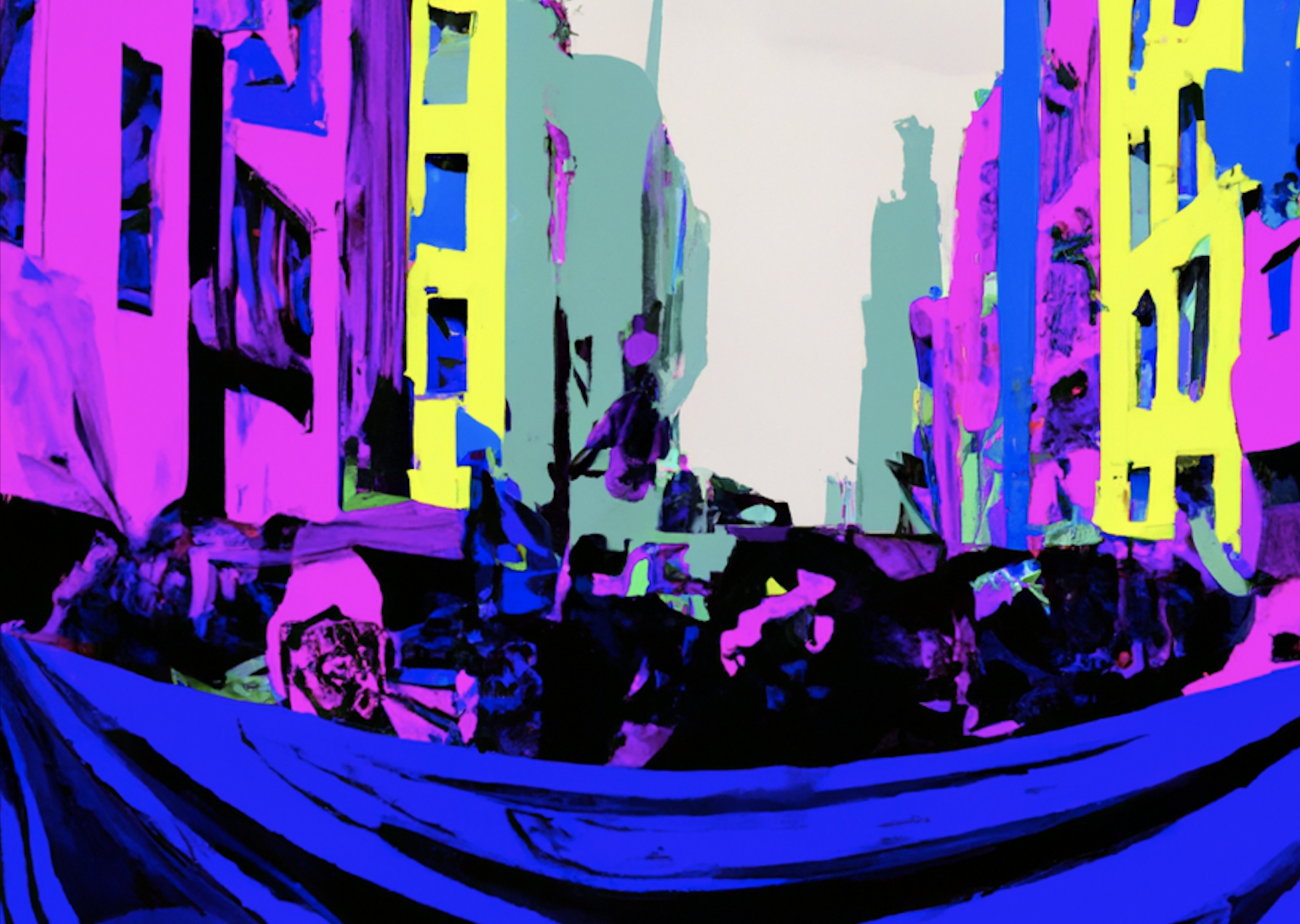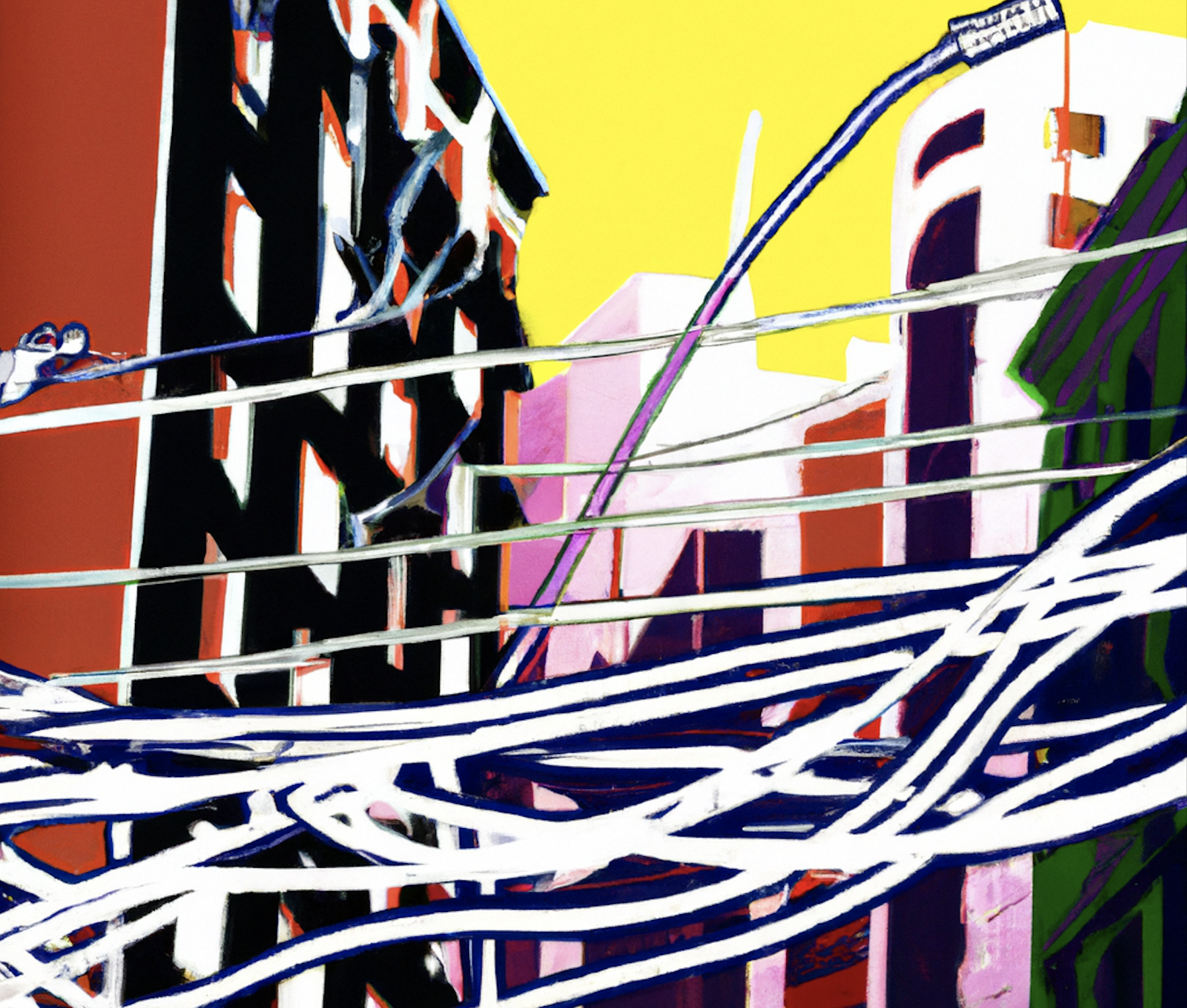by Celine Kuklowsky
As critical urban thinkers, activists and dilettantes, many of us share a common disillusionment by the current state of the arts, particularly the theatre. ‘Act/ions’ will invite artists and art lovers, activists, academics, dreamers, and others to reflect upon contemporary culture, at the intersection of art, politics and the urban. We do this in order to better understand and challenge ourselves and our cultures; to examine our collective imagination and the new questions being asked; to explore and contribute to propositions for the new, the thought-provoking, the bold, the ugly, the uncomfortable, the messy and the beautiful. Culture in acts and action.
In an interview in 2006, Michael Kahn, the Artistic Director of the American Shakespeare Theater Company, said: “You can look at how society changes by looking at how Shakespeare has been produced and acted.” From Leslie Howard’s “effete, high class, somewhat passionless” Hamlet in 1936, to the “angry young men” performing the Bard in the 1960s, the National Theatre’s current production of Timon of Athens offers important insight into contemporary society and the state of theatre today.
Nicholas Hytner’s fast-paced production sets Shakespeare’s tale on greed and the power of money in modern-day London with the backdrop of the 2008 financial crisis. The City’s corporate and political elite wine and dine in swanky clubs and at fine banquets, while Occupy Wall Street types demonstrate and eventually seize power.
While I didn’t wholly dislike the modern aesthetic of the production, I had a hard time sitting through it. There was so much visual and aural stimulation – delivered by a revolving stage floor that swung the set from a museum, to Timon’s modern house, to the financial district and back again – that the actors appeared to be rushing through scenes just to reach the next set and costume change. The intricate and ever-shifting visual clutter ended up taking front stage to the text, which was delivered in such a rushed manner that it seemed to be getting in the performers’ way of the production. During part of Act II, the words were in fact entirely cut out and replaced by a series of tableaux of the OWS protesters miming negotiating scenes with the political elite while ‘Law and Order’ type music pulsed in the background.
Shakespeare’s greatness lies in his ability to transcend time. He asks questions that get to the very core of human nature and for that he is eternal (and beautiful). Hytner was not wrong to set this tale in today’s London – the parallels are there – but rather than elevate the story and bring the audience to question ourselves and our own society, the play was drowned out by its staging. In the end, all the modern cultural references felt patronizing. Having an old man push a shopping cart full of trash and a woman carry “Iceland” bags to represent poverty, felt cheap. It simply read like television. The audience is not invited to think when clichés of human beings – see the protesters with Keffiyehs and Northern Irish accents – are running around the stage. Rather, we are asked to watch and be entertained by parading stereotypes.
If Kahn is right, then this production speaks of theatre as television (soundtrack and all) and the audience as mass consumers of this simplified, fast-paced good…and I would have to agree with him. In fact, I would say it’s an accurate description of most mainstream and even fringe theatre productions today. The most obvious example of this perhaps is the ever-growing number of films turned into stage and musical adaptations. Financially tied to box office numbers, modern theatre in the US and in Western Europe has become increasingly ‘disneyfied’ and white to satisfy the imperatives of the market. Audiences are not asked to think; they are there to be distracted.
This raises a few questions. Most urgently perhaps, what is the point of theatre today? Should theatre try to rival film, television and other forms of mainstream media? Or should it not on the contrary deliberately combat that tendency and aspire to something greater?
Must theatre appeal to the greatest number of people? Or should it strive to explore and illuminate new areas, at the risk of losing some audience members?
This isn’t a call for a more elitist theatre, but rather a cry of despair for truly new, edgy, thought-provoking explorations in theatre. I do believe Timon’s story is still a contemporary one, but I did not gain any new perspectives from this production. (Is then, setting a challenging play in a modern context social commentary in itself? Is it enough?)
Perhaps we can look to Shakespeare to answer some of these questions and to find newness and relevance in our theatre today. As Michael Kahn puts it beautifully, “Shakespeare opens our minds. He helps us to see deeper and farther into what it means to be human. Each generation shares that legacy and each generation has a responsibility to carry it forward.”
References
The first quote is from an interview of Michael Kahn by Kenneth L. Adelman at the Aspen Ideas Festival in 2006. The title of the talk is “Is Classical Theater Relevant?” and was accessed here: http://www.aspenideas.org/session/classical-theater-relevant
The last quote is from an interview with Charlie Rose aired on 23 April 2012 on PBS and accessed http://www.charlierose.com/view/interview/12315





